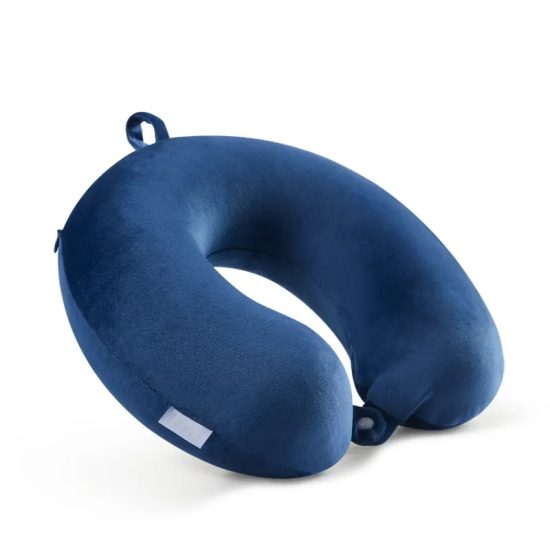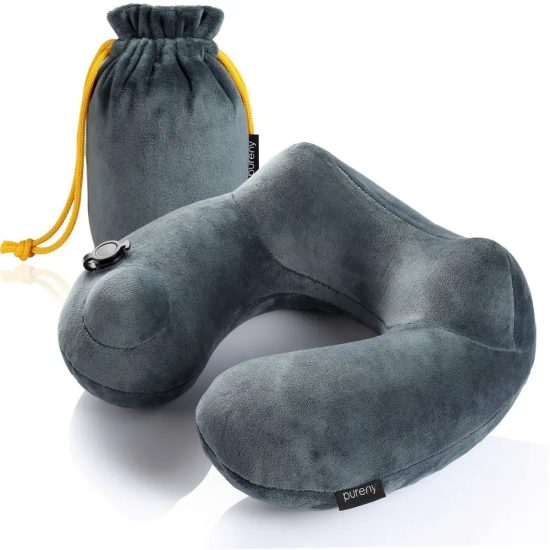Find Cushions That Are Allergy-Proof and Hypoallergenic
When searching for cushions that are allergy-proof and hypoallergenic, consider the following options:
- Allergen-Barrier Cushions: Look for cushions that are specifically designed with allergen-barrier properties. These cushions are constructed with tightly woven fabrics or special allergen-blocking materials that prevent common allergens like dust mites, pet dander, and pollen from penetrating the cushion.
- Hypoallergenic Materials: Choose cushions made from hypoallergenic materials that are less likely to cause allergic reactions. Natural fibers like organic cotton, bamboo, or wool can be hypoallergenic options. Additionally, synthetic materials such as polyester or microfiber can also be treated to be hypoallergenic.
- Anti-Dust Mite Cushions: Dust mites are a common allergen trigger. Look for cushions that are specifically labeled as “anti-dust mite” or “dust mite resistant.” These cushions are often treated with anti-microbial agents or have a tightly woven fabric that prevents dust mites from settling.
- Certified Allergy-Proof Cushions: Some cushions may carry certifications or endorsements from organizations like the Asthma and Allergy Foundation of America (AAFA) or similar entities. These certifications indicate that the cushions have been tested and proven to be allergy-proof or hypoallergenic.
- Washable Cushions: Regular washing can help remove allergens and keep cushions clean. Look for cushions with removable covers that can be easily laundered to eliminate dust, pollen, and other allergens. Machine-washable cushions are convenient for regular cleaning.
- Chemical-Free and Non-Toxic: Consider cushions that are made with chemical-free and non-toxic materials. Cushions without harmful chemicals or toxins are less likely to cause allergic reactions or sensitivities. Look for certifications like CertiPUR-US or OEKO-TEX Standard 100, which ensure that the cushion materials are free from harmful substances.
- Personal Allergen Considerations: If you have specific allergies or sensitivities, consult with healthcare professionals or allergists who can provide guidance on the best cushion materials for your specific needs. They can help identify potential allergens and recommend suitable cushion options accordingly.
When selecting allergy-proof and hypoallergenic cushions, carefully review product descriptions, labels, and certifications to ensure that the cushions meet your requirements. Additionally, consider individual sensitivities and preferences to find the most suitable option for you.


